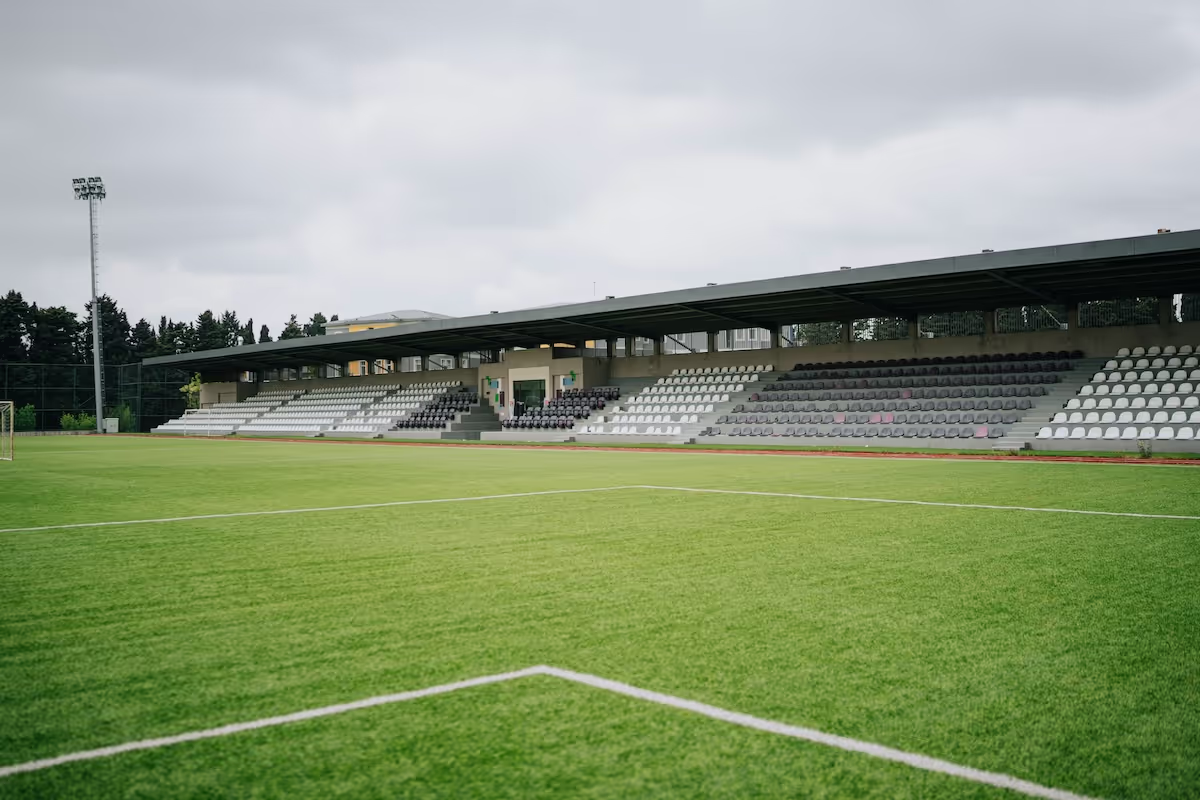Football in financial straits: Why (tokenized) bonds can be a hit for clubs and investors

Many sports clubs are familiar with the problem: empty cash register, high costs. Professional soccer in particular has been affected by the corona pandemic, as ticket revenue has plummeted. But there are other reasons for the financially difficult situation of some soccer clubs — and innovative solutions that are likely to inspire sports-savvy investors.
Associations in financial straits
German (and also international) professional soccer is facing considerable financial challenges. For example, traditional clubs such as FC St. Pauli, Hamburger SV and Schalke 04 are confronted with rising costs, declining revenues and the need to invest in infrastructure (e.g. new stadiums) and the squad.
Although the situation of many associations in 2023/2024 was more relaxed than in the Corona years, there can usually be no talk of a solid financial base. So, for example, has dFC St. Pauli closed the latest financial year with a small profit of 188,020 euros. After a loss of 4.8 million euros in the previous year, the club was in the black again. Turnover also rose from 64 million to 80 million euros, with the newly founded cooperative “Football Cooperative Sankt Pauli 2024 eG” with a capital of around 29 million euros not being included in the turnover. The main drivers of the success were increased television money and transfer income, for example for former coach Fabian Hürzeler.
FC Schalke 04 struggled in the short financial year 2024 (January 1 to June 30): The loss was around 650,000 euros with a turnover of around 74 million euros. In the first half of fiscal year 2024/25, however, profit rose to 6.6 million euros. However, this surplus resulted primarily from one-off effects such as transfer income and the sale of assets. Despite this positive development, the financial situation remains tight, with negative equity of 98.1 million euros and total liabilities of 149.8 million euros.
The former financial problem child Hamburger SV, on the other hand, is on the right track and achieved the third positive result in a row (just over two million euros) in the past financial year. Among other things, due to a club or fan bond issued for the first time back in 2012.
How do club bonds work?
In order to meet financial requirements, soccer clubs are increasingly using alternative financing models such as bonds and cooperatives to finance their stadium, gaming operations and the purchase of new players. A cooperative is an association of at least three people who jointly pursue economic, social or cultural goals. Their main goals are independence from major sponsors (e.g. Saudi Arabia) and economic promotion through joint business — but the focus is not on maximizing profits.
The association and the cooperative are very similar: They are participatory, the members are involved and there is a basic democratic rule: Each member has one vote - in the cooperative regardless of the number of shares acquired. The advantage of the cooperative is that it can build up equity by joining the members. The injection of capital via a cooperative is also much more comprehensible for comrades than, for example, via major investors.
In order to put the club on a stronger foundation - and at the same time to maintain its identity as a “neighborhood club” - the FC St. Pauli issued a fan bond with a total volume of eight million euros as early as 2011. Originally, a volume of just six million euros was planned, but this was increased due to high demand. The bond had a term until June 30, 2018 and a fixed interest rate of 6% per year. The funds from the bond were earmarked for the expansion of the Millerntor Stadium and the modernization of the training center. After the period, the approximately 5,000 illustrators had the opportunity to redeem their jewelry certificates. However, some decided not to return their certificates or donated the amount to the club, leaving FC St. Pauli with a mid-six-figure sum.
In 2024, the neighborhood club founded a cooperative and sold shares for the “Football Cooperative Sankt Pauli 2024 eG”. With great success: According to the club, more than 10,000 fans became members of the cooperative in the first week and subscribed to shares worth a total of 13 million euros. Investors had to pay 850 euros per share - of which 32 euros were fees and 68 euros were reserves for the eG. The club's ambitious goal was to raise 30 million euros with the bond in order to secure a majority stake in the Millerntor Stadium operating company. FC St. Pauli almost achieved this target in May 2025 with 29,178,800 euros.
Support your favorite club and earn money?
At the same time, such bonds also involve risks — in particular because their repayment and interest payments depend to a large extent on sporting and economic success. A descent or lack of transfer revenue can quickly become a burden. Nevertheless, the example of FC St. Pauli shows that when bonds are used strategically and communicated transparently, they can be an effective tool for strengthening the economic basis of a soccer club and investing in sustainable growth.



